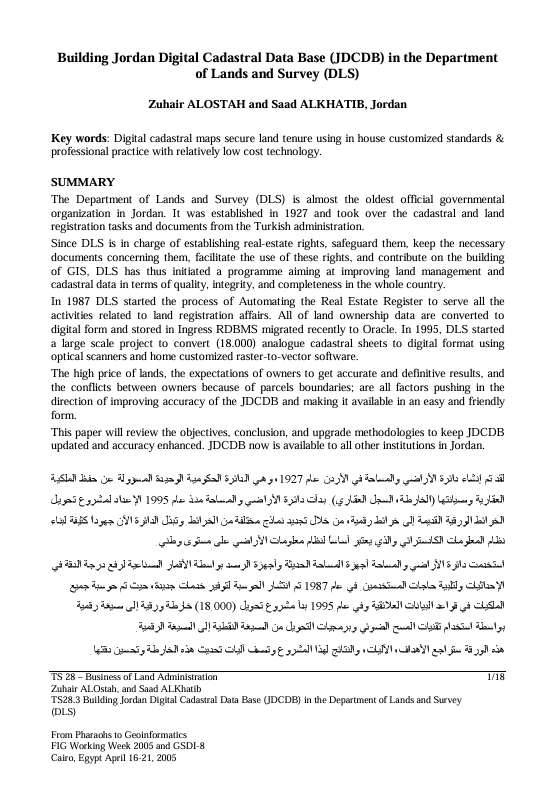AFR: Des projets pilotes à l'enregistrement foncier à l'échelle nationale (FR)
Africa
The Africa Region Technical Workshop brought together key stakeholders from Sub-Saharan Africa to discuss the expansion from pilot projects to nationwide land registration. The workshop featured parallel Anglophone and Francophone sessions, aiming to promote knowledge sharing, enhance South-South cooperation, and address common challenges in scaling up land rights registration. Government representatives delivered presentations on relevant topics such as appropriate technologies, institutional frameworks, and the sustainability of land administration reforms.







